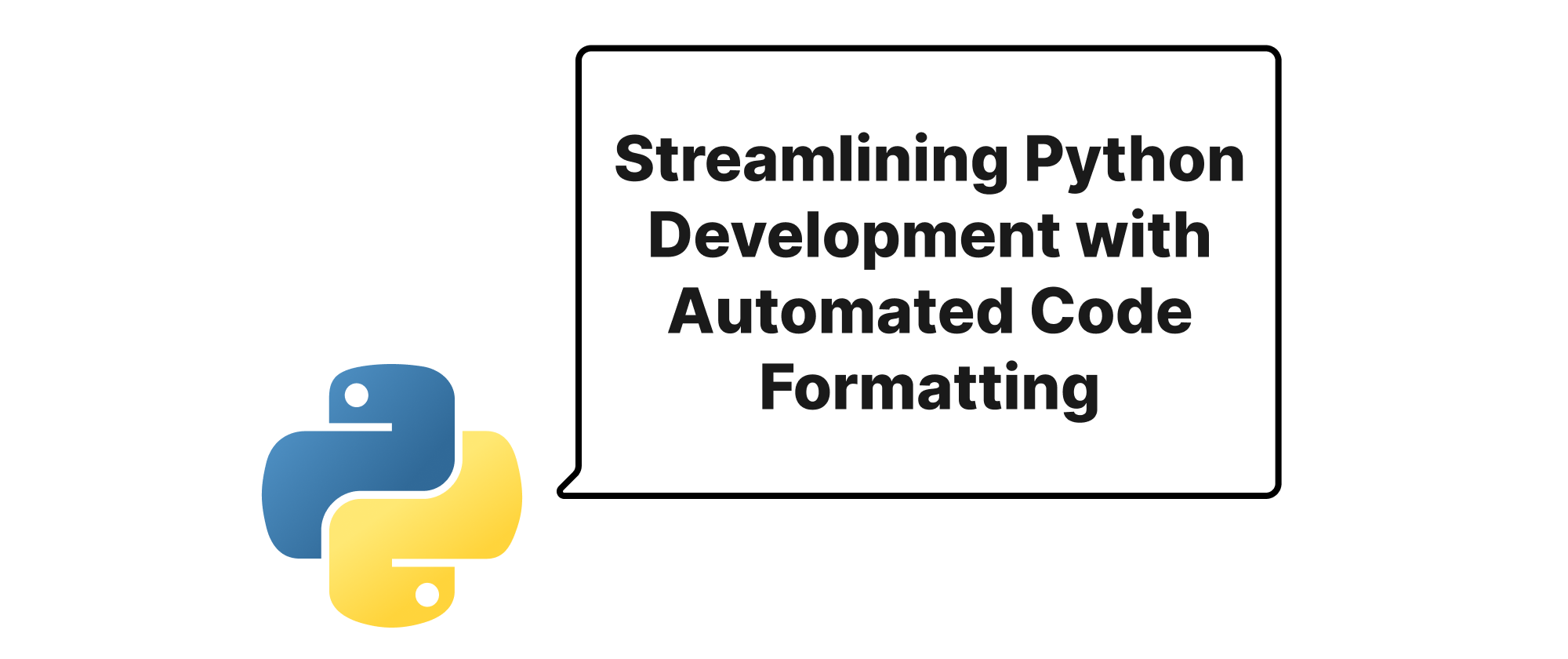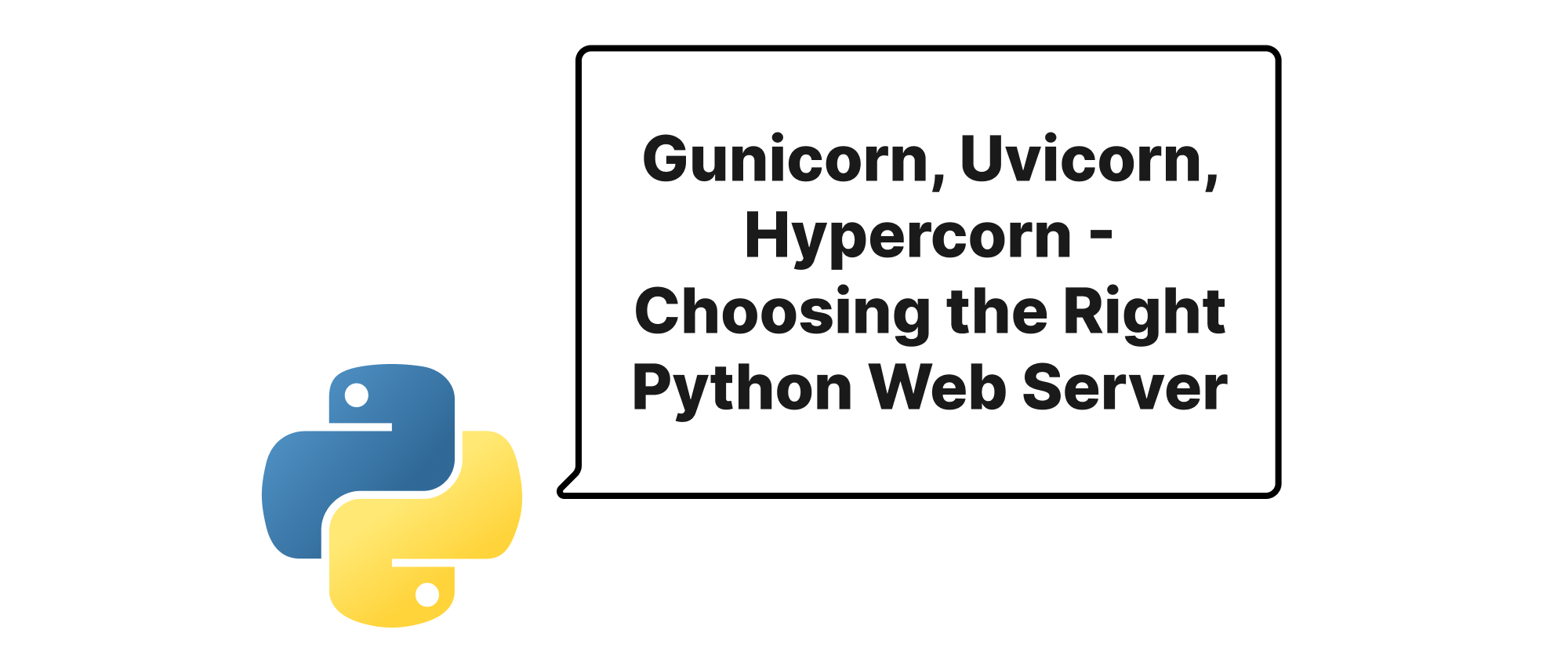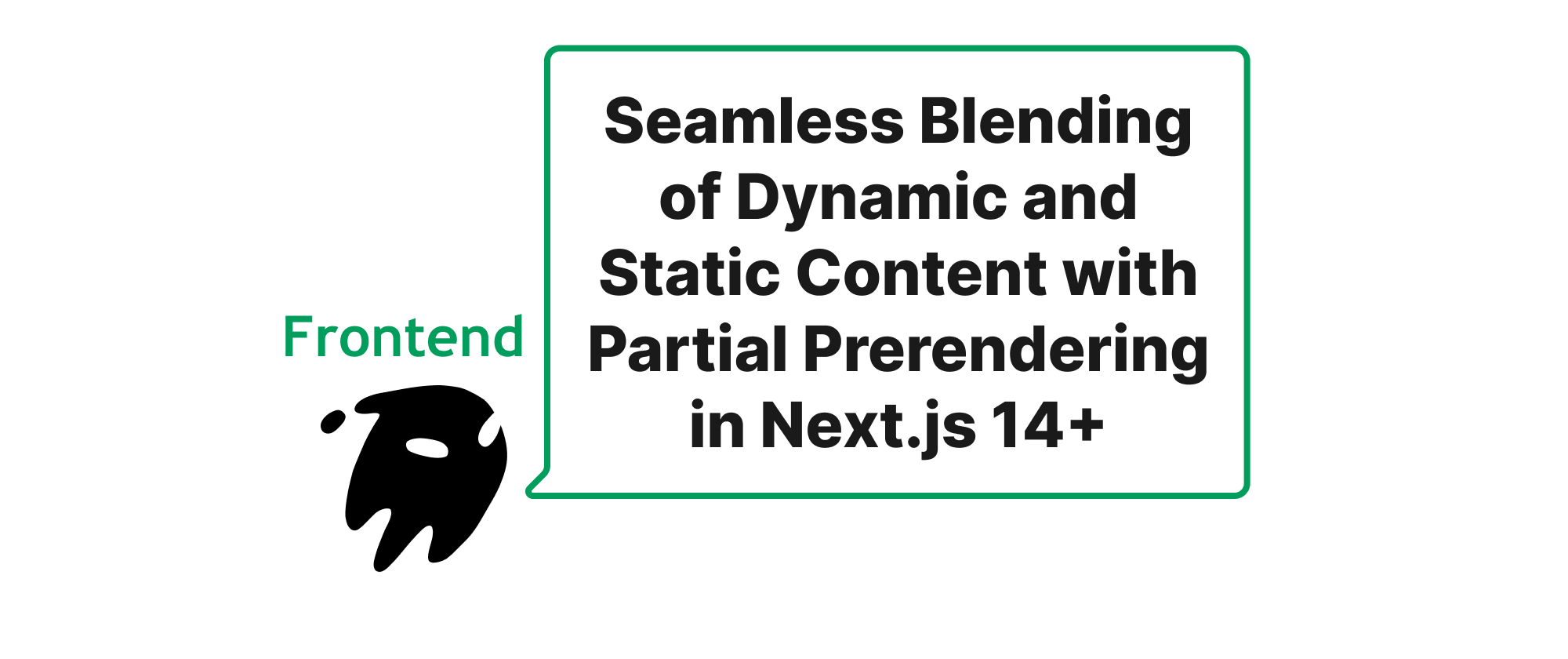Streamlining Python Development with Automated Code Formatting
Lukas Schneider
DevOps Engineer · Leapcell

Introduction: The Unsung Hero of Clean Code
In the fast-paced world of software development, maintaining consistent code style across a large codebase and among multiple developers can be a challenging endeavor. Disagreements over formatting, manual linting, and endless pull request comments about whitespace can quickly become productivity bottlenecks. This isn't merely an aesthetic concern; inconsistent code is harder to read, debug, and maintain, ultimately slowing down development cycles and increasing the likelihood of errors. The Python ecosystem, with its emphasis on readability, offers powerful tools to mitigate these challenges. This article explores how combining Black, Ruff, and Isort can automate and enforce a unified code style, transforming your development workflow into a seamless and highly efficient process. By embracing these tools, we move beyond the mundane task of manual formatting to focus on what truly matters: writing impactful code.
Understanding the Pillars of Automated Formatting
Before diving into the pipeline's construction, let's understand the core tools at our disposal:
-
Black: Often dubbed "the uncompromising Python code formatter," Black aims to be a deterministic formatter that formats code according to a strict, opinionated style guide. Its philosophy is to remove stylistic debates, allowing developers to focus on logic. Black reformats entire files, making decisions about line breaks, indentation, and spacing, and there are very few configuration options, which is precisely its strength.
-
Ruff: A modern, extremely fast Python linter written in Rust. Ruff is designed to be orders of magnitude faster than conventional Python linters like Flake8, Pylint, and Bandit. It can detect hundreds of different code issues, from style violations to potential bugs, and offers a powerful auto-fixing capability for many of these issues.
-
Isort: Specializes in sorting Python imports alphabetically and automatically separating them into sections and types. This ensures that your
importstatements are always clean, organized, and consistent, regardless of who wrote them. Well-organized imports improve readability and prevent potential circular dependency issues.
These three tools, each with its unique focus, represent the foundational elements of our automated formatting pipeline.
Building an Automated and Consistent Python Code Formatting Pipeline
The synergy of Black, Ruff, and Isort creates a robust system where code consistency is not just encouraged but enforced. Let's explore their integration and practical application.
1. Installation
First, install these tools in your development environment. It's often recommended to include them in your project's dev dependencies.
pip install black ruff isort
2. Black: The Code Aligner
Black's power lies in its simplicity. To format a single file or an entire directory, you run:
black .
Black will automatically reformat all Python files in the current directory and its subdirectories. For instance, consider this unformatted code:
def my_function( arg1, arg2): if arg1 > 0: print("Positive") else: return SomeClass("hello", 'world')
After running black ., it transforms into:
def my_function(arg1, arg2): if arg1 > 0: print("Positive") else: return SomeClass("hello", "world")
Notice how Black handles line length, indentation, and double quotes versus single quotes (by default, it converts single to double for consistency, unless specified otherwise).
3. Isort: The Import Organizer
Isort ensures your imports are always tidy. You can run it similarly to Black:
isort .
Take this example with disordered imports:
import os import sys from my_module import some_function import json from another_module import another_function
After isort ., it becomes:
import json import os import sys from another_module import another_function from my_module import some_function
Isort groups standard library imports, third-party imports, and local application imports, typically separated by blank lines and sorted alphabetically within each group. This significantly enhances readability.
4. Ruff: The Speed Demon Linter and Formatter
Ruff acts as both a linter and, increasingly, a formatter, capable of fixing many issues automatically.
To lint and identify issues:
ruff check .
To automatically fix many of the identified issues:
ruff check . --fix
Ruff can be configured via a pyproject.toml or ruff.toml file to enforce specific rules or ignore others. For example:
# pyproject.toml [tool.ruff] line-length = 88 target-version = "py310" select = [ "E", # Error "W", # Warning "F", # Pyflakes "C90", # Complexity "I", # Isort "B", # Bandit "N", # Naming conventions "ANN", # Type annotations "UP", # Pyupgrade rules ] ignore = [ "E501", # Black handles line length, so Ruff shouldn't complain "W292", # Black also handles newlines at EOF ]
A key advantage of Ruff is its ability to also handle isort and some black rules, often replacing the need to run isort as a separate step. When using Ruff, you'll configure it to enable the I (Isort) rule and potentially disable overlapping rules from other linters if you're migrating. There's even a Ruff formatter being developed to truly replace Black, consolidating the toolchain further.
5. Integrating into Your Workflow: Pre-commit Hooks
For true automation, integrate these tools into your version control system using Git pre-commit hooks. This ensures that no unformatted or rule-breaking code ever reaches your repository.
First, install pre-commit:
pip install pre-commit
Then, create a .pre-commit-config.yaml file in your project root:
# .pre-commit-config.yaml repos: - repo: https://github.com/astral-sh/ruff-pre-commit # Ruff includes Black-compatible formatting rev: v0.3.3 # Use the latest Ruff release hooks: - id: ruff args: [--fix, --exit-non-zero-on-fix] - id: ruff-format # If you want to use Ruff's formatter (experimental) args: [] # If you prefer Black over Ruff's formatter, uncomment the following # - repo: https://github.com/psf/black # rev: 24.3.0 # Use the latest Black release # hooks: # - id: black # language_version: python3.10 # Adjust to your project's Python version
Now, install the hooks:
pre-commit install
From this point on, every git commit command will trigger ruff (and potentially black) to format your staged files. If any files are modified by the hooks, the commit will fail, and you’ll need to git add the changes made by the formatters and commit again. This "fail-fast" approach guarantees a perfectly formatted codebase.
Conclusion: The Path to Effortless Code Quality
The combination of Black, Ruff, and Isort (or increasingly, just Ruff) establishes an automated, opinionated, and highly efficient pipeline for maintaining consistent Python code style. By removing the tiresome debates over formatting, these tools free up developer time and mental energy to focus on problem-solving and innovation. This automated consistency not only elevates code readability and maintainability but also fosters a more collaborative and less frustrating development environment. Embrace these tools, and transform your Python projects into paradigms of clean, consistent, and high-quality code.


